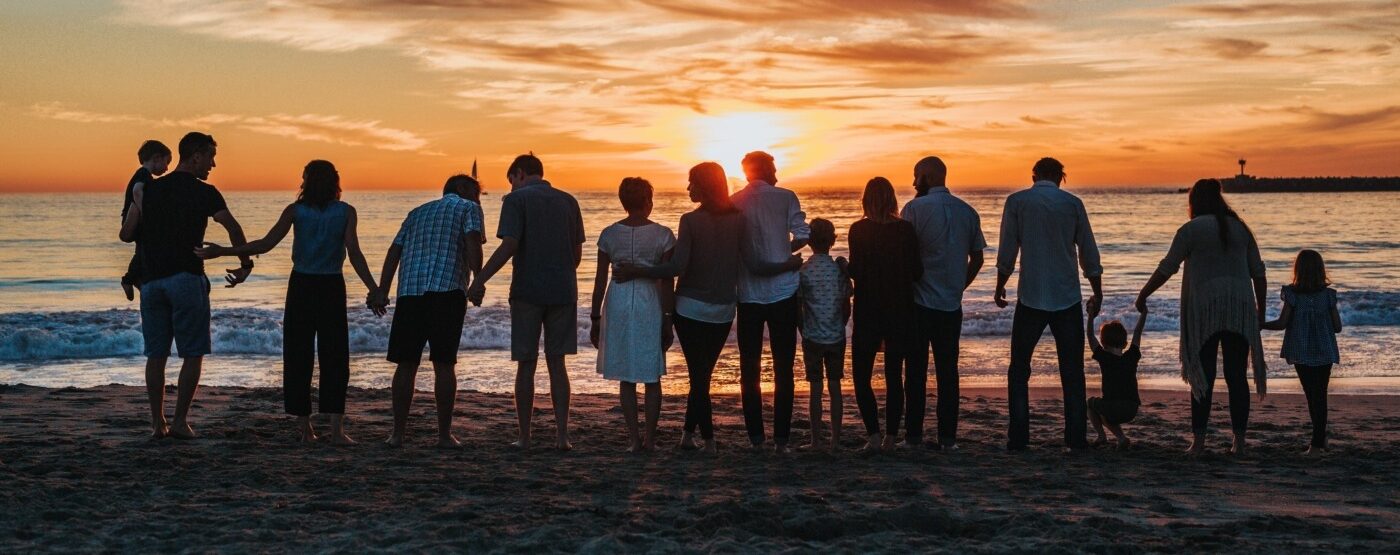“Nobody is a monster”: political beliefs are shaped by accidents of birth
Strangely, the sagest piece of life advice I have ever received comes from an MTV episode of Catfish. With each episode centring on a different ‘catfish’ – someone who uses a false identity online in order to target victims – this particular episode depicted a young girl seemingly remorseless and instead delighted by her deception. With the rest of the cast horrified, it was the show’s host Nev Schulman who was to shape one of my strongest world views with the words “nobody is a monster”.
It’s with this in mind that we should look at the political situation in the USA. It is far too easy to stereotype Trump and his supporters as senseless racists, and Biden and the Democrats as ineffectual liberals. But it is my personal opinion that it is only your social background, experiences in life and family’s views that differentiate whether you are for one or the other. This is why I find tribalism in the USA so frustrating: people who base their identity around their political beliefs could have felt just as strongly for the opposing side depending on where they were born and their life circumstances.
It’s uncomfortable to recognise and accept, but a more extreme example of this idea would be terrorist organisations. Everyone has the potential to become a terrorist, and to commit atrocities, because the members of these groups are not inherently evil but ordinary people like you and I whose backgrounds, life experiences, and the views of those around them lead to them joining such groups. Terrorists truly believe what they do is morally and spiritually just and honourable, whilst we view them as barbaric and heinous.
Terrorists truly believe what they do is morally and spiritually just and honourable, whilst we view them as barbaric and heinous
Likewise, citizens in Iraq in 2003 viewed the Americans as malevolent oppressors while at the time the US government saw it as a justified ‘War on Terror.’ This self-righteous belief is in part due to dehumanisation – one of H. Stanton’s eight stages of genocide – the ‘us’ (sensible, right-thinking humans) and ‘them’ (irrational misguided animals). By no means am I defending objectively evil acts such as bombings, but instead trying to highlight that everybody believes they are the one in the right. As Winston Churchill surmised, “history is written by the victors.”
It is indisputable how much our background and the views of those around us influences our political opinions. As social animals, all humans want to do is to belong. Being part of a group gives people safety, confidence, and purpose. A lot of people’s political views are influenced by their parents’ views. As children, parental approval means survival as disapproval means potential rejection by our caregivers. This continues into later life – people seek to fit in lest they face exclusion, leading to isolation and loss of support. Therefore, a large portion of people follow their family’s beliefs because they wish to belong, and because of a lack of alternate viewpoints to challenge any beliefs.
This is what frustrates me – not people holding their family’s beliefs, for it is only natural – but holding them to the extent that they become so close-minded that they refuse to even consider the other side’s view. The right-wing militias in the US come to mind as an example.
We aren’t born terrorists, liberals or conservatives – these are reflective only of the labels others put on us
Undoubtedly, there are a thousand counter-arguments to all the points I have just made. What about irrefutable evils such as colonisation and dictatorships? How can it be argued that people’s experiences turn them bad, when there are multitudes of cases of people who experience unimaginable suffering yet remain virtuous? And what about the abundance of other factors affecting people’s political views? People born in conservative families can become liberals of their own accord. Do some people’s views even deserve to be heard? It’s hugely complex, and all of these are valid questions, but I still cannot help but believe that our environment shapes who we are. We aren’t born terrorists, liberals or conservatives – these are reflective only of the labels others put on us.
The US is a divided country, some say at the brink of a civil war. Coronavirus has shown us how interconnected we all are – a man getting sick in China means another getting sick in the UK, even though they are across the world from one another. It’s time to stop thinking of people as ‘us’ and ‘them’, and instead endeavour to understand and humanise one another – for we all had the potential to be each other. This includes ceasing censorship such as ‘no-platforming’ in universities so that controversial and unpopular opinions are heard (but not hate-speech). It is only through discussion, compassion, and cooperation that the US – and indeed the world – will begin to heal.

Comments (1)
I love the author.